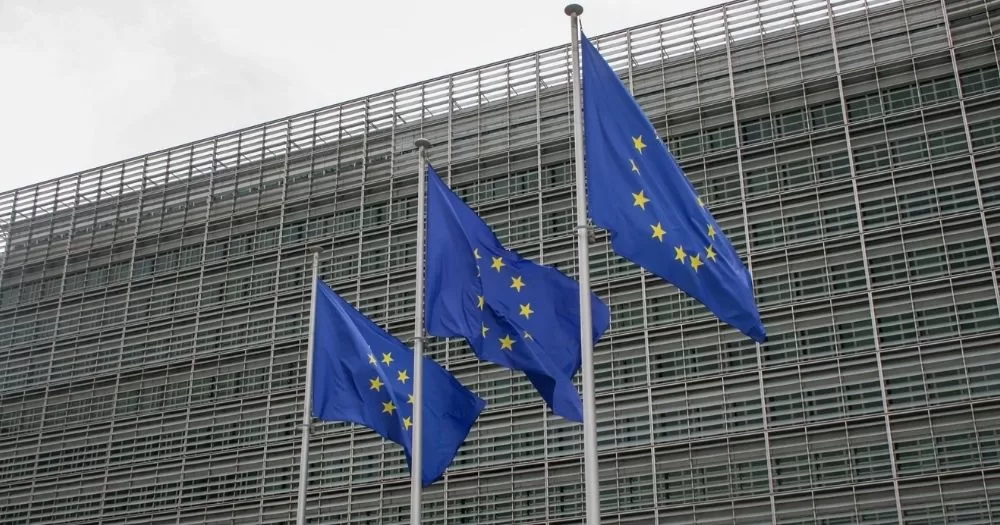The first-ever forum on the EU Enlargement is underway, with European leaders gathering in Brussels today, November 18.
Opening the forum this morning, Commission President Ursula von der Leyen said: “In times of geopolitical uncertainty, enlargement is more than a choice for peace, it is an investment in our collective security and freedom.”
The EU Enlargement is the process through which countries join the European Union. Several waves of Enlargement have already taken place in the past, with the last one happening in 2013, when Croatia joined the Union.
Currently, the EU is pursuing what it considers the most ambitious Enlargement agenda in over a decade. Countries that are next in line to join the European Union include: Ukraine, Montenegro, Moldova, Serbia, Georgia, North Macedonia, Bosnia and Herzegovina, Kosovo, and Turkey.
Aiming to bring together EU member states and candidate countries, the EU Enlargement summit was launched by Commissioner for Enlargement and Eastern Neighbourhood Marta Kos. The goal is to establish a dialogue between EU citizens and candidate countries on a shared future for Europe, as well as review the progress each country has made.
In order to join the EU, candidate countries need to comply with a set of criteria to ensure a degree of protection against the risk of new entrants becoming politically or economically burdensome for existing members. The negotiations between the European Union and candidate countries revolve around legislation that candidates need to implement at national level if they want membership.
Among the many requirements that a candidate needs to fulfil is ensuring that the country has stable institutions guaranteeing democracy, the rule of law, human rights and protection of minorities, as well as a functioning market economy. Because of the commitment to advancing the protection of minorities and human rights, LGBTQ+ rights have acquired a special place in the Enlargement process.
In an effort to comply with EU criteria, several candidate countries have passed legislation to affirm LGBTQ+ rights, such as laws protecting LGBTQ+ people from hate crimes and discrimination. Moreover, in addition to focusing on the legislative aspect, the EU also places particular emphasis on the ability of a state to guarantee the organisation of safe Pride events.
During the summit, the progress made by candidate countries was reviewed, with Montenegro seemingly being the most advanced in the process. The country vowed to become the 28th EU member state by 2028. Albania also pledged to complete the accession negotiations by the end of 2027, thus paving the way for the country to join the Union.
Meanwhile, countries such as Serbia and Georgia were criticised for their inability to progress in meeting the criteria set out by the EU. Ukraine, which received the sign-off to start the process of accession in 2023 after the Russian invasion, has been unable to formally start negotiations due to Hungary’s veto.
Commenting on this situation at the summit, Commissioner Kos encouraged Ukraine to start implementing the reforms that would bring the country closer to EU membership. “My message to Ukrainians, you don’t need Viktor Orban to do the reforms, just do it,” she said.
Read more about the EU Enlargement process and its impact on LGBTQ+ rights.
© 2025 GCN (Gay Community News). All rights reserved.
Support GCN
GCN is a free, vital resource for Ireland’s LGBTQ+ community since 1988.
GCN is a trading name of National LGBT Federation CLG, a registered charity - Charity Number: 20034580.
GCN relies on the generous support of the community and allies to sustain the crucial work that we do. Producing GCN is costly, and, in an industry which has been hugely impacted by rising costs, we need your support to help sustain and grow this vital resource.
Supporting GCN for as little as €1.99 per month will help us continue our work as Ireland’s free, independent LGBTQ+ media.
